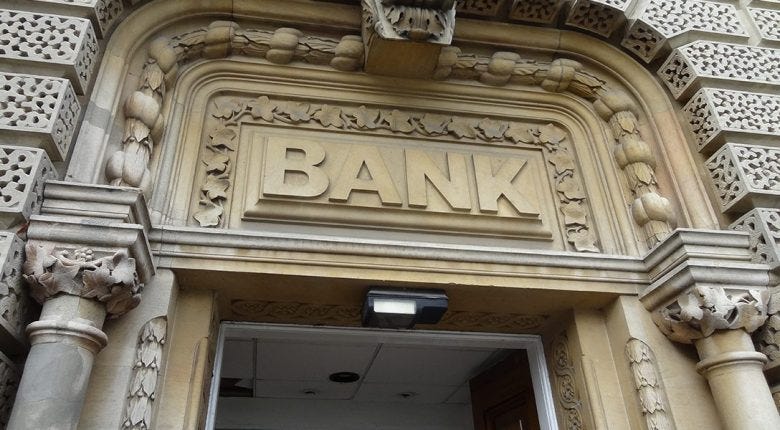In 2017, Phil Murphy, a former Goldman Sachs executive, made the establishment of a public, state-owned bank a centerpiece issue during his run for New Jersey governor. He regularly championed public banking in speeches, town halls and campaign commercials. He won the race, and the nation’s second state-owned bank following the stellar model of the Bank of North Dakota (BND) appeared to be in view.
Due to the priority of other economic-policy goals, the initiative was largely kept on the back burner until November 2019. Then, in an article titled “Murphy Takes First Key Step Toward Establishing a Public Bank,” the New Jersey Spotlight announced:
Gov. Phil Murphy is planning to sign an executive order Wednesday [Nov. 13] that will create a 14-member “implementation board” to advance his goal of establishing a public bank in New Jersey.
The basic premise of such an institution is to hold the millions of dollars in taxpayer deposits that are normally kept in commercial banks and leverage them instead to serve some sort of public purpose. … [Emphasis added.]
North Dakota currently is the only state that operates a public bank wholly backed by the deposit of government funds. …
Read the full article here.




Ellen, thank you for this important article and alerting us to the very concerning message of the Next Street report, which basically denies essential banking status to the proposed Public Bank of New Jersey. Hopefully this obstacle can be overcome and a real public bank on the model of PBN will be established in New Jersey and other states!
BTW, to clarify the concept of banks creating money when they make new loans, isn't it also true that as those loans are repaid, that money disappears? That's how Kristen Ragusin explains it, and it makes sense to me.
Thank you for your continuing efforts to educate we the people on the subject of banking, Ellen. There are solutions.